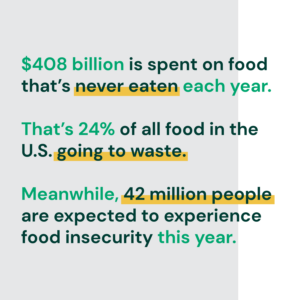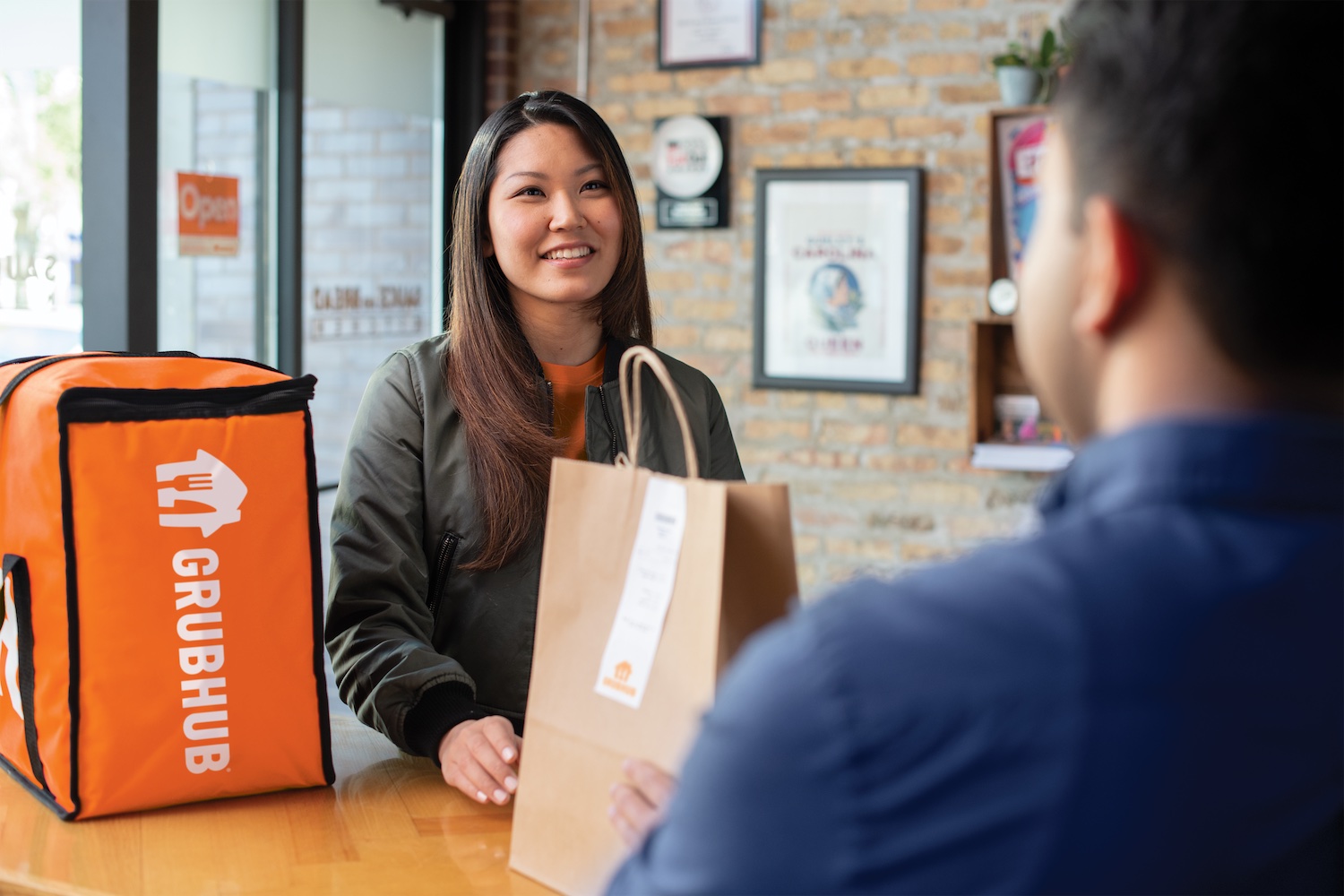As the voice of the app-based economy, Flex will promote policies that meet the needs of today’s society and economy
WASHINGTON, March 8, 2022 /PRNewswire/ — America’s leading app-based platforms, representing more than 52 million workers, have joined together to form Flex, a new industry association that will serve as the voice of the app-based economy. Founding member companies include DoorDash, Gopuff, Grubhub, HopSkipDrive, Instacart, Lyft, Shipt, and Uber.
The association will advocate for commonsense solutions on a range of issues affecting workers, consumers, businesses, and other stakeholders who comprise the app-based economy.
“Millions of businesses, communities, and workers count on app-based platforms every day. Flex will give a voice to an industry driving the new American economy forward,” said Kristin Sharp, CEO of Flex. “With innovative, app-based technology at our fingertips, we have an incredible opportunity to continue to solve problems. Whether it’s getting around town, shuttling kids to school, or just connecting people with dinner or the groceries they need, our member companies help seamlessly fill gaps in our day-to-day lives. That’s why it’s so important for Flex to advocate for the everyday heroes driving this economic evolution.”
Flex is immediately launching its first education campaign under the banner “Independence Works”. The ad buy in the Washington, DC metro area features real app-based workers who count on the independence and flexibility of platform work. Nationally, app-based workers work an average of eight hours per week, allowing them to earn extra money on their own terms.
“The flexibility of the app-based economy has completely transformed how people work, buy goods and services, and run their businesses,” Sharp said. “Flex gives them a voice at the policy-making table so they can continue to help drive the American economy forward. Our first campaign highlights the flexibility of app-based work and explains why it is so important to workers.”
Flex is led by workforce policy expert Kristin Sharp as CEO and former Columbia, South Carolina Mayor Steve Benjamin as Board Chair. Flex’s Board of Directors is comprised of executive leadership from each member company.
“App-based work is open to all. Anyone can do it, and more and more people are choosing it because it breaks down barriers that often hold people back,” said Steve Benjamin, Board Chair of Flex. “Technology has redefined the way we work. Let’s replace antiquated policies with innovative solutions that support individual goals and businesses across our country.”
Based in Washington, DC, Flex will foster dialogue and understanding between app-based companies and public sector leaders while promoting policies that protect worker independence, expand flexible earning opportunities, foster local economic growth, address safety and sustainability, and expand access to essential services for millions of customers in communities across the United States.
For more information, please visit www.flexassociation.org.
About Flex, the voice of the app-based economy
Flex is the voice of the app-based economy, representing America’s leading app-based rideshare and delivery platforms and the people who count on them. Our member companies —DoorDash, Gopuff, Grubhub, HopSkipDrive, Instacart, Lyft, Shipt, and Uber—help provide access to crucial goods and services to customers safely and efficiently, offer flexible earning opportunities to workers, and support economic growth in communities across the country. Together, we advocate for policies that enable our industry to continue delivering for the people who count on our platforms.
About Flex’s Leadership
Kristin Sharp, CEO
Kristin Sharp has made a career out of innovating the way we work. Prior to joining Flex, Kristin was CEO of the Education Quality Outcomes Standards (EQOS) board and senior fellow and former director of New America’s Initiative on Work, Workers, and Technology. She also co-founded Shift: The Commission on Work, Workers, and Technology, a joint project of New America and Bloomberg. Before that, she worked on technology, innovation, and national security policy in the US Senate for Sens. Mark Warner, Mark Pryor, Amy Klobuchar, and Richard Lugar.
Steve Benjamin, Chairman of the Board
Steve Benjamin understands the importance of empowering communities with access. He comes to Flex following a more than decade-long tenure as mayor of Columbia, South Carolina. As mayor, Steve focused on economic development, job creation, and community safety. He served as President of the US Conference of Mayors from 2018-2019 and as President of the African American Mayors Association from 2015-2016. He has also been Executive Chairman of Municipal Bonds for America, a member of the Federal Communications Commission’s Intergovernmental Advisory Committee, and a member of the Accelerator for America Advisory Council.
SOURCE Flex

 Today, on Stop Food Waste Day, Grubhub is doubling down on its calls for Congress to pass the Food Donation Improvement Act (FDIA), which would strengthen existing laws for food donations, help prevent food waste, and provide relief directly to the millions of Americans who are experiencing food insecurity.
Today, on Stop Food Waste Day, Grubhub is doubling down on its calls for Congress to pass the Food Donation Improvement Act (FDIA), which would strengthen existing laws for food donations, help prevent food waste, and provide relief directly to the millions of Americans who are experiencing food insecurity.